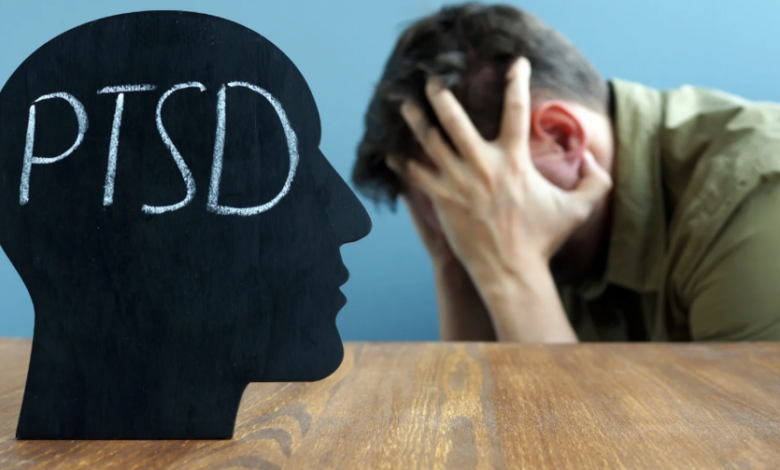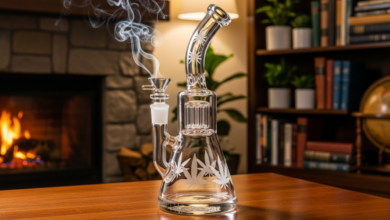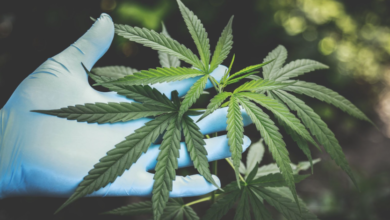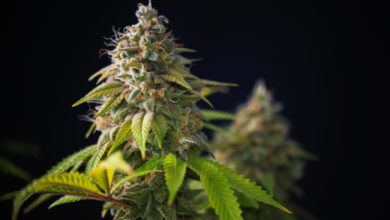The Science Behind Cannabis and Trauma Response in PTSD

Post-Traumatic Stress Disorder (PTSD) affects millions of individuals by disrupting emotional regulation, sleep patterns, and daily functioning. While conventional treatments like cognitive behavioral therapy and antidepressants offer varying results, emerging evidence points toward cannabis PTSD treatment in Annapolis as a promising alternative. As understanding of the endocannabinoid system evolves, cannabis is being evaluated for its ability to help manage symptoms associated with trauma response.
Recent clinical interest has focused on how certain cannabis compounds may alleviate hyperarousal, flashbacks, and anxiety in PTSD patients, without the harsh side effects associated with traditional medications.
How Cannabis Interacts with PTSD Symptoms
PTSD involves dysregulation of neurotransmitters and heightened activity in the amygdala, the brain’s center for fear and threat perception. Cannabinoids like CBD and THC can modulate these neurological responses by interacting with CB1 and CB2 receptors, helping to reduce exaggerated fear responses and promote emotional balance.
For patients with PTSD, this neurochemical stabilization may mean fewer nightmares, reduced startle responses, and improved sleep quality. Researchers suggest that cannabis not only affects short-term anxiety but may also disrupt the reconsolidation of traumatic memories, providing long-term therapeutic benefit.
The Role of Cannabinoid Ratios in Treatment
Not all cannabis strains are created equal. Patients often respond differently depending on the THC-to-CBD ratio. High-CBD and low-THC cannabis strains may be helpful to people with anxiety and OCD, and these same principles apply to PTSD care. High-CBD formulations are typically non-intoxicating and may counteract the psychoactive properties of THC, making them ideal for individuals prone to panic or paranoia.
Medical professionals often recommend beginning treatment with strains rich in CBD to assess tolerance before introducing balanced or higher-THC products. This phased approach allows the nervous system to gradually acclimate, potentially minimizing adverse effects and maximizing therapeutic gain.
Choosing the Right Cannabis Strain for Trauma Recovery
The selection of strains plays a critical role in successful cannabis therapy. Those designed for stress relief, including certain indica-dominant or hybrid strains, may be more effective in managing PTSD-related symptoms like insomnia or agitation. According to studies on top medical marijuana strains for stress relief, products high in linalool, myrcene, and other calming terpenes enhance the overall soothing effect.
In clinical settings, cannabis is not prescribed haphazardly; strain selection is based on patient history, specific symptoms, and sensitivity to cannabinoids. For those seeking non-sedating relief during daytime hours, strains with uplifting terpene profiles and balanced cannabinoid content may be a better fit.
Personalized Care and Ongoing Evaluation
Effective PTSD treatment requires a personalized, responsive approach. Cannabis therapy should always be supervised by healthcare professionals who understand both the psychological complexities of trauma and the pharmacodynamics of cannabinoids. Regular follow-ups are crucial for adjusting dosages and evaluating symptom progression.
Additionally, cannabis treatment should complement, not replace, core mental health interventions such as therapy or support groups. When integrated into a holistic care plan, cannabis can help patients reclaim functionality and emotional stability without relying solely on pharmaceuticals.
Conclusion
As research advances, cannabis PTSD treatment is gaining attention as a viable tool in trauma recovery. By leveraging the neurochemical properties of cannabinoids and selecting strains tailored to each individual’s needs, patients can experience meaningful relief from PTSD symptoms. Cannabis offers a therapeutic alternative that bridges science, safety, and symptom management, especially when administered under professional guidance.




